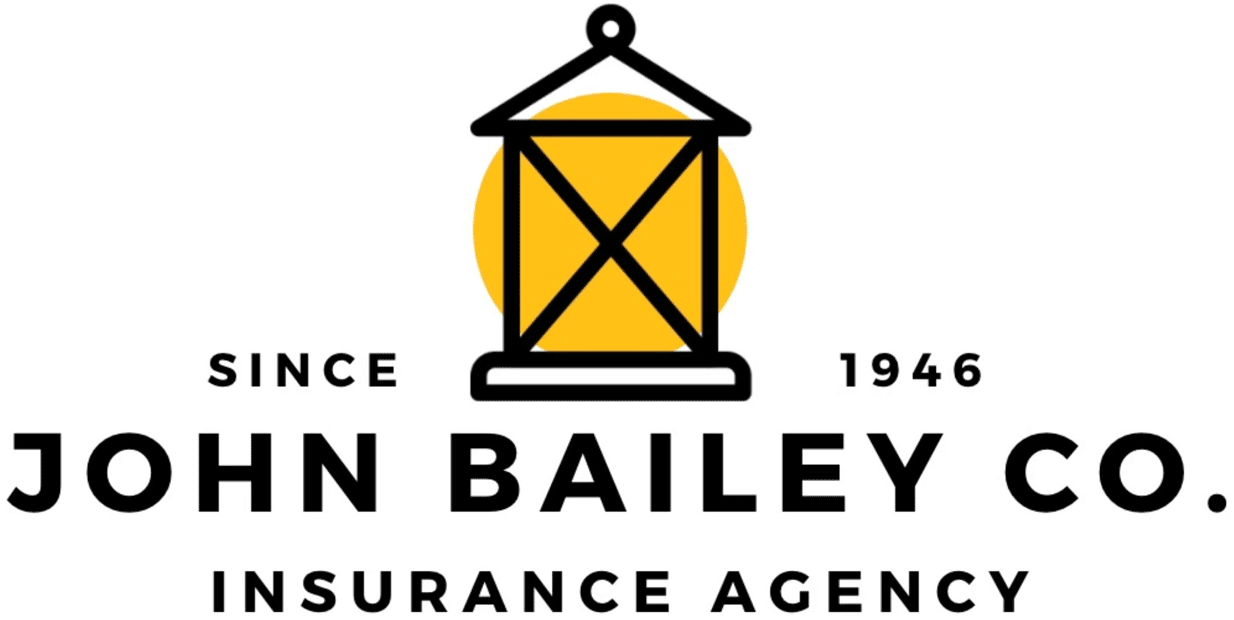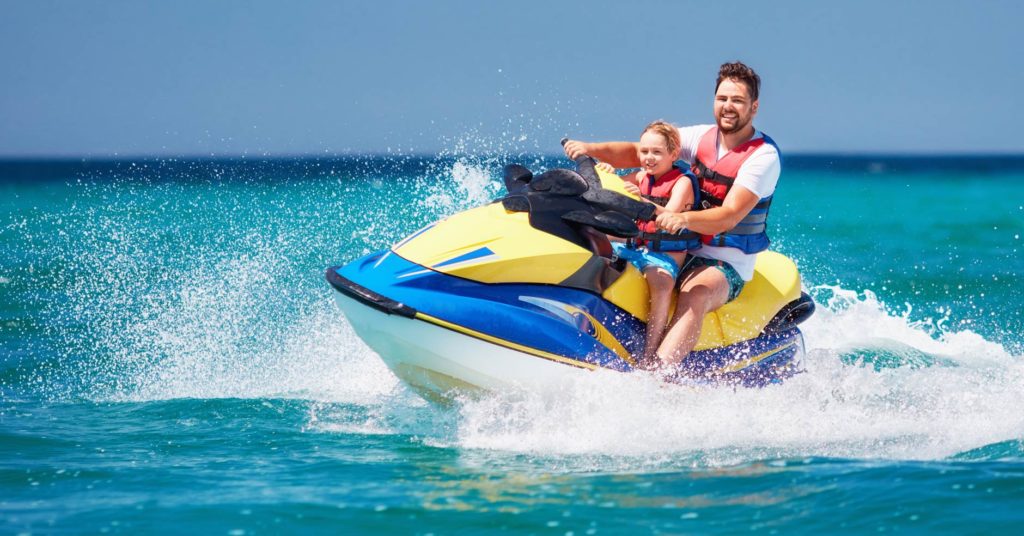Owning a boat or watercraft is not just a hobby – it’s an investment. And just as you’d protect your home or car, insuring your vessel is essential for safeguarding against potential risks. While most boat owners understand the basics of insurance, there are often overlooked risks that could leave you exposed to unexpected expenses. Here are some of the key risks that watercraft owners may not have considered.
1. Uninsured and Underinsured Boaters
While you’re confident in your own coverage, not everyone on the water is as prepared. If you’re involved in an accident with an uninsured or underinsured boater, you could end up covering the costs. Including uninsured/underinsured boater coverage in your policy can protect you from the financial fallout of accidents caused by other boaters who lack sufficient insurance.
2. Trailering Your Boat
Did you know that your boat may not be covered while it’s on the trailer? Many insurance policies only provide coverage while the boat is in use on the water. If an accident occurs while your boat is being towed to or from the marina, you could face costly repairs or replacement bills. Talk to your insurer to ensure your policy includes trailering coverage.
3. Liability Risks
Owning a boat means taking responsibility for what happens on and around it. If a guest is injured onboard, you could be held liable for their medical expenses. Similarly, collisions or damage to docks, marinas, or other watercraft can leave you facing expensive liability claims. Adequate liability coverage can shield you from these risks.
Coverage Tip: Consider extending your liability protection with a personal umbrella policy. It provides an extra layer of coverage beyond your watercraft policy limits.
4. Specialty Equipment
Customizations and specialty equipment such as GPS systems, fishing gear, or sound systems may not be automatically covered under standard boat insurance policies. If your boat is equipped with significant enhancements that enhance its value, make sure to declare them to your insurance provider and confirm that they’re included in your coverage.
5. Environmental Damage
Accidental fuel spills or damage to marine ecosystems caused by your boat can result in hefty environmental fines and cleanup costs. Pollution liability coverage ensures you’re not financially unprepared for these scenarios.
6. Natural Disasters
While boating season might take place during calmer times of the year, severe weather events like hurricanes, floods, or storms can wreak havoc on your vessel. Comprehensive watercraft insurance often includes coverage for natural disasters, but limits can vary. Evaluate your policy carefully to confirm whether your boat is protected in extreme weather conditions.
Don’t Forget Dockside Risks
If you keep your boat docked, consider coverage for vandalism, theft, or accidental damage while it’s unattended.
7. Navigational Limits
Many boat insurance policies have geographical restrictions. For instance, your coverage might apply only to designated lakes, rivers, or coastal areas. If you plan to travel afar, such as through international waters, make sure your policy extends to those areas, or you could find yourself uninsured outside the defined territories.
Avoiding Gaps in Your Coverage
Boat insurance needs are as unique as the vessels they protect. Whether you’re an avid angler, a weekend cruiser, or just enjoy relaxing rides on the lake, it’s crucial to assess your specific risks and ensure your policy meets your needs.
For peace of mind, take the time to review your current policy for any coverage gaps you may not have considered. Proper preparation can save you from significant costs down the road.
If you’re unsure whether your boat insurance policy includes everything you need, consult with our team!

